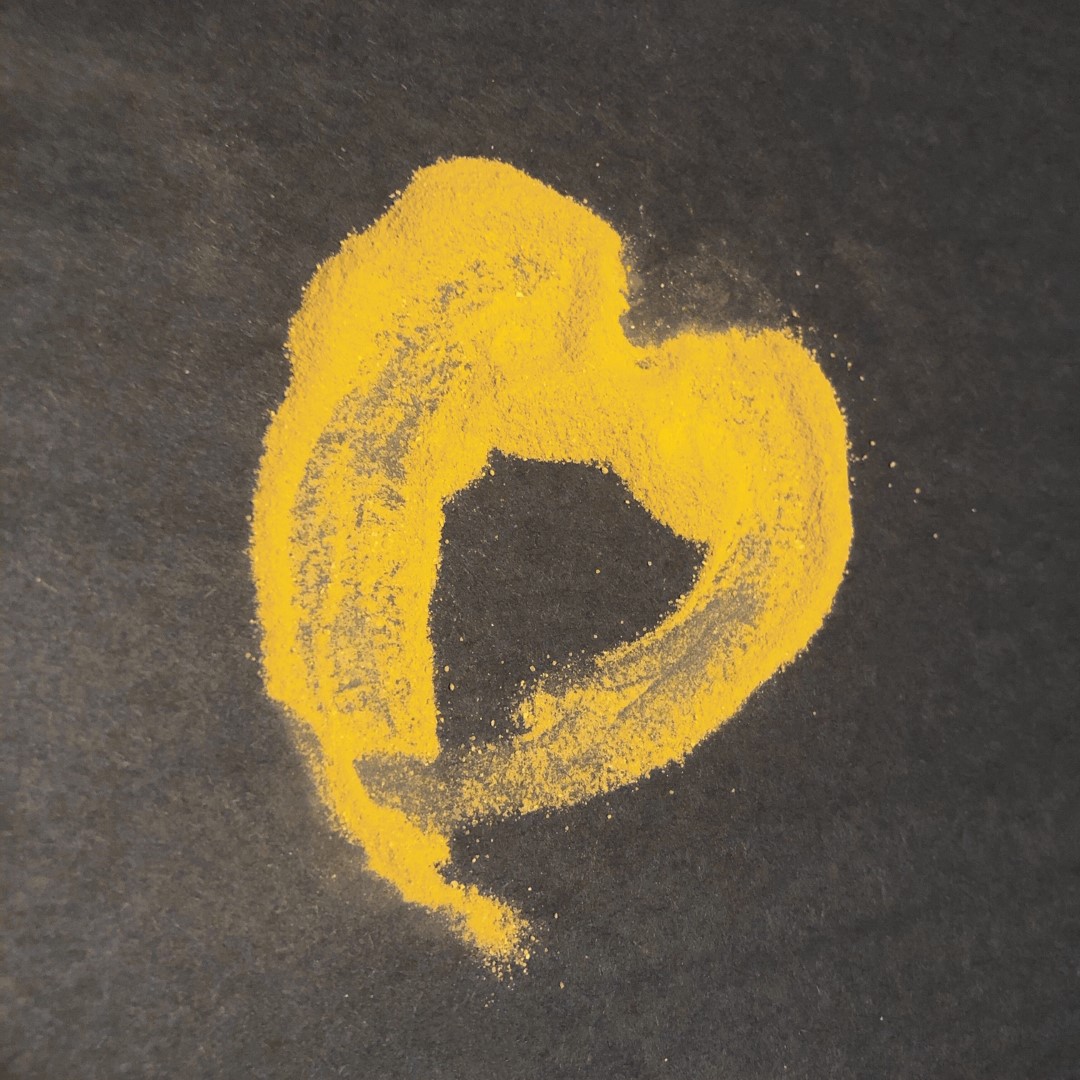
Ins and outs of this golden spice
By Morgan Hannah, Life & Style Editor
Turmeric, also known as “Indian saffron,” has religious significance as a symbol of purity, fertility, and prosperity among Hindus.
Chances are you’ve probably had a taste of turmeric once or twice in your life as it’s the main ingredient in most curries after all. But there’s a lot more to this pungent golden spice than one might think.
This warm and bitter tasting spice comes from the turmeric plant and is frequently used to flavour Asian cuisine or add colour to curry powders, mustards, cheeses, butters, and even fabrics using a naturally occurring chemical called curcumin. Nowadays with artificial colouring, turmeric isn’t often used to colour clothing and textiles as it fades quickly if washed too much and is inefficient. But there’s nothing like the natural rich gold colour of turmeric on naked cotton, silk, and wool.
The use of turmeric as a spice dates back to around the Bronze Age of India, 3000 to 4000 BCE. The spice likely reached China by 700 AD, East Africa by 800 AD, West Africa by 1200 AD, and Jamaica in the 18th century. Nowadays, turmeric is refined in the tropics and commonly found in your local grocery store and in incredibly tasty turmeric lattes! Yum!
Turmeric, also known as “Indian saffron,” has religious significance as a symbol of purity, fertility, and prosperity among Hindus. It is also associated with the worship of Hindu gods such as Kaali, the mother goddess, and Naaga, the serpent god.
Turmeric is used not only in food, but in cosmetics and medicines all over the world. It is currently used in several sunscreens and face masks, providing protection, inflammation control, and purification of toxins in and on the skin due to its antimicrobial properties. When applied topically, turmeric delivers a wonderful warming sensation.
When ingested orally over a long period of time, turmeric may help those who suffer from asthma, rheumatoid arthritis, urinary tract infections, menstrual pains, liver ailments, and digestive disorders, among many other ailments. It is believed that consumption of turmeric may also help prevent cancer through inhibiting mutated-cell multiplication. It wouldn’t be too hard to believe that turmeric is an all-natural fix-all ingredient! If you’re not allergic to the golden spice, why not give it a try? It certainly can’t hurt and hey, adding more turmeric to your diet might also provide you with a pleasant and vibrant flavour boost!
